Who Will Become Japan’s Next Prime Minister?
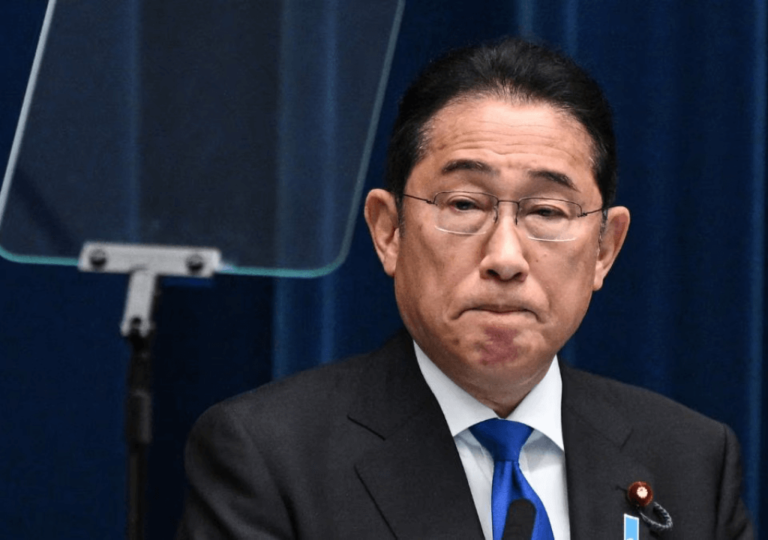
Japan's Prime Minister Fumio Kishida will step down, leading to an unpredictable leadership race within the LDP next month

Japan's Prime Minister Fumio Kishida will step down, leading to an unpredictable leadership race within the LDP next month

Thailand appoints Paetongtarn Shinawatra, 37, as its youngest and second female prime minister amid political turmoil

The Islamic world lacks a superpower to challenge Israel due to U.S. dominance and weakened regional leadership
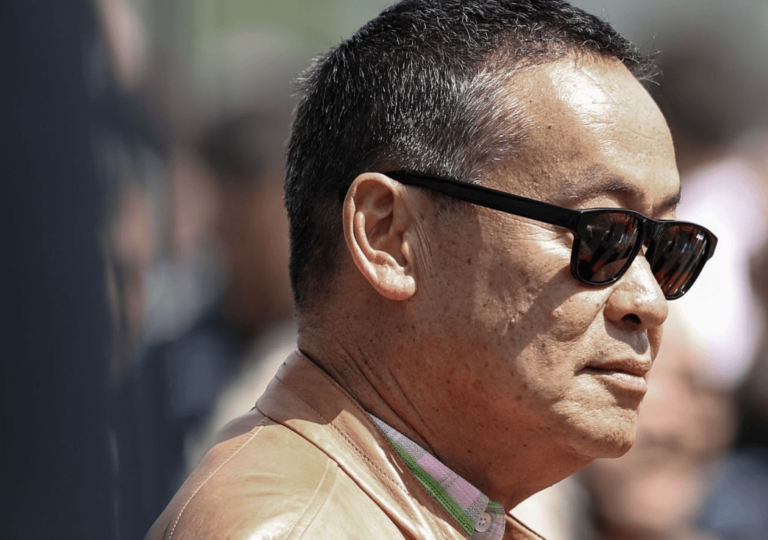
Thailand's political drama intensifies as PM Srettha Thavisin is ousted, prompting urgent leadership changes
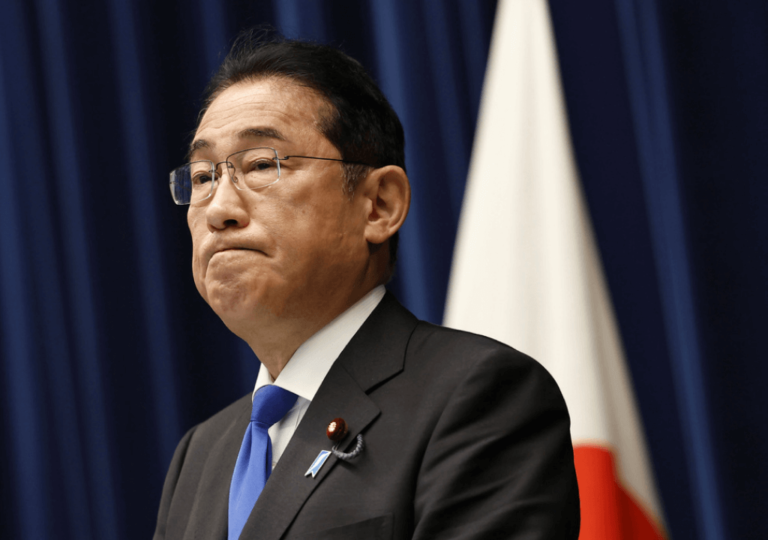
Japan's PM Kishida resigns amid scandals, paving way for new leadership

Ukrainian forces make significant gains into Russian territory, challenging Moscow's might

Gaza conflict fuels radicalization among youth, raising global terrorism concerns

Bangladesh's identity stems from conflicts involving India and Pakistan, influencing its politics
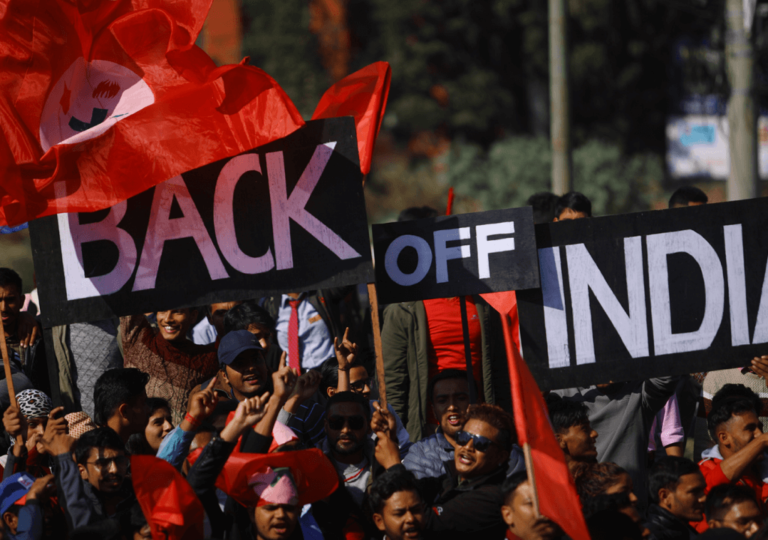
India's regional influence wanes as anti-India sentiment rises across South Asia
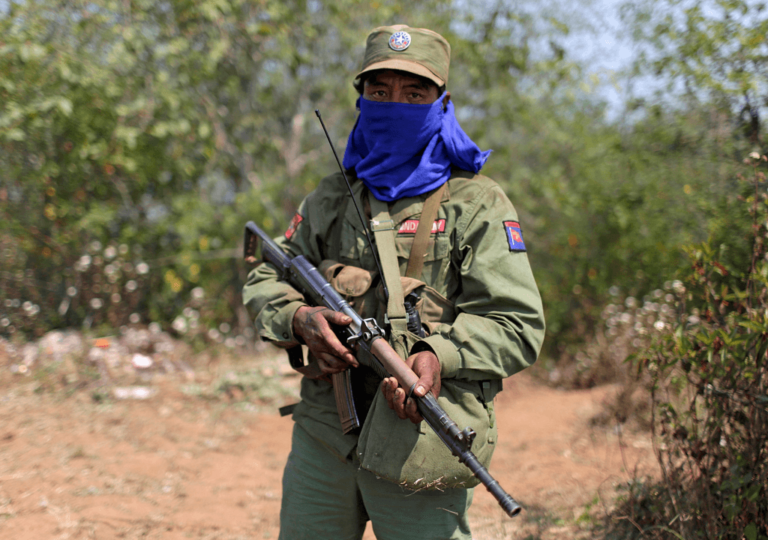
The civil war in Myanmar escalates as ethnic armies gain ground against the junta